chemistry
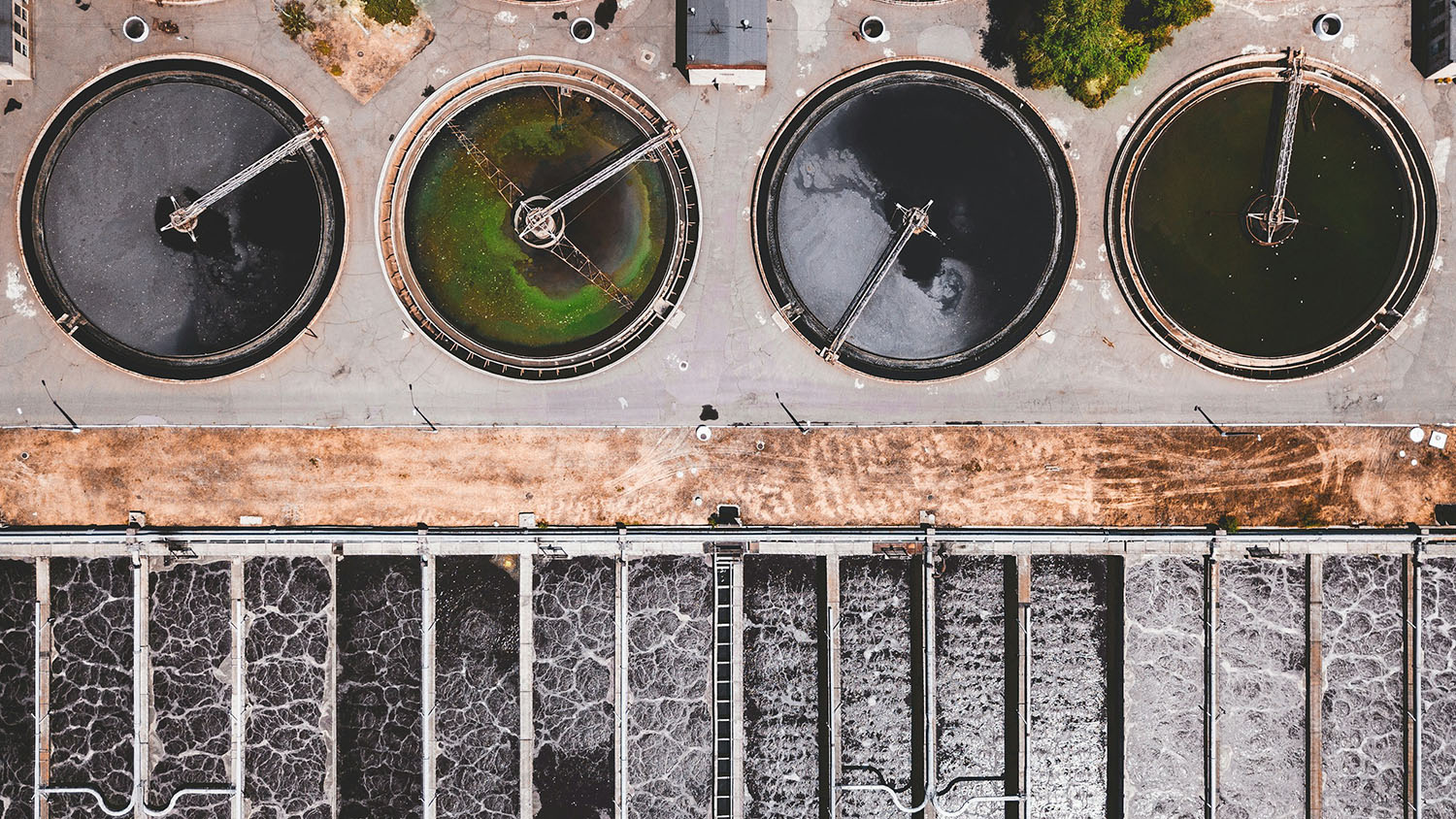
Researchers Create New Way to Remove Phosphorus from Contaminated Water

Novel Material Holds Promise for Tech to Convert CO2 Into Fuel
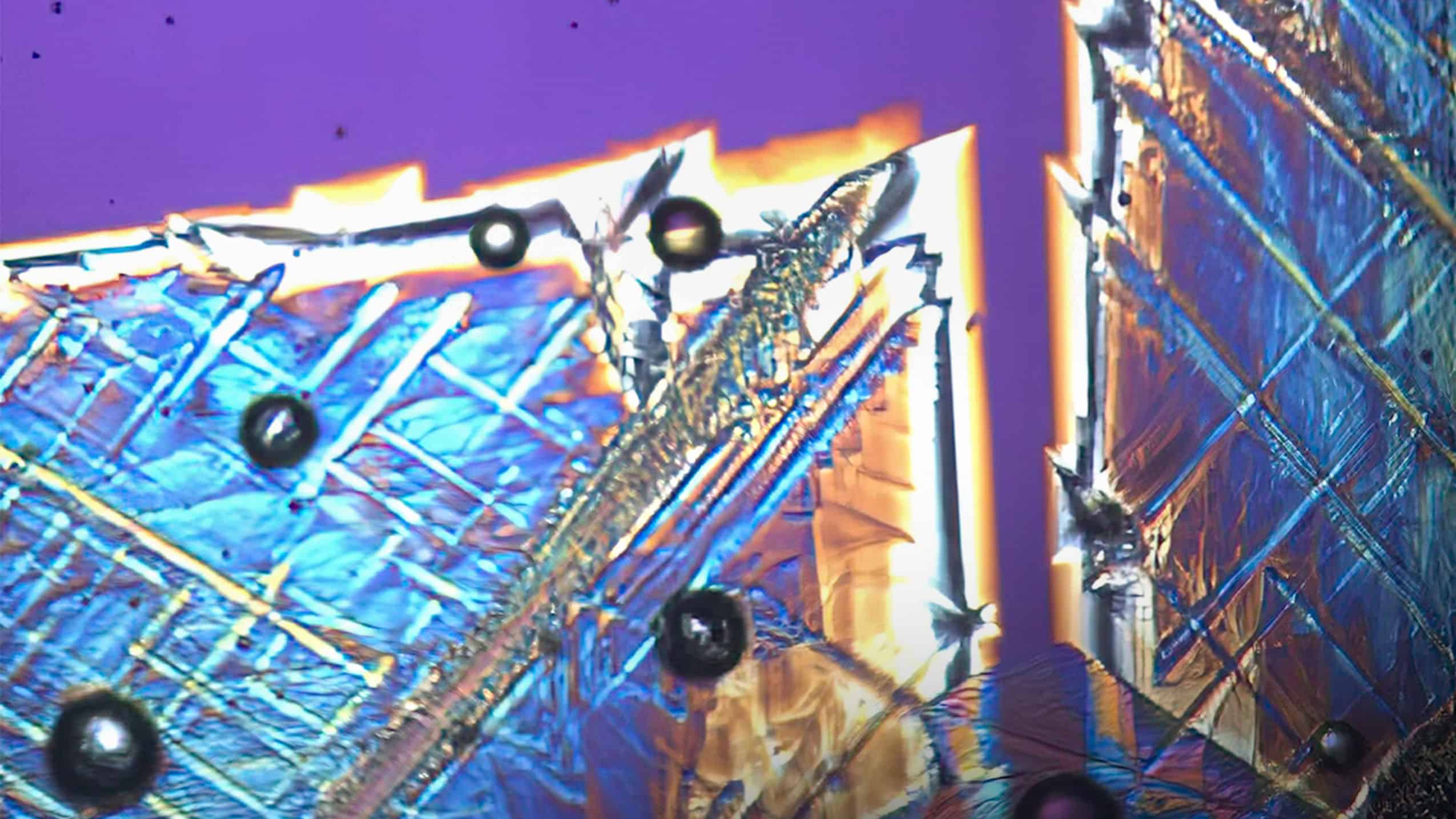
New Theory Demystifies Crystallization Process
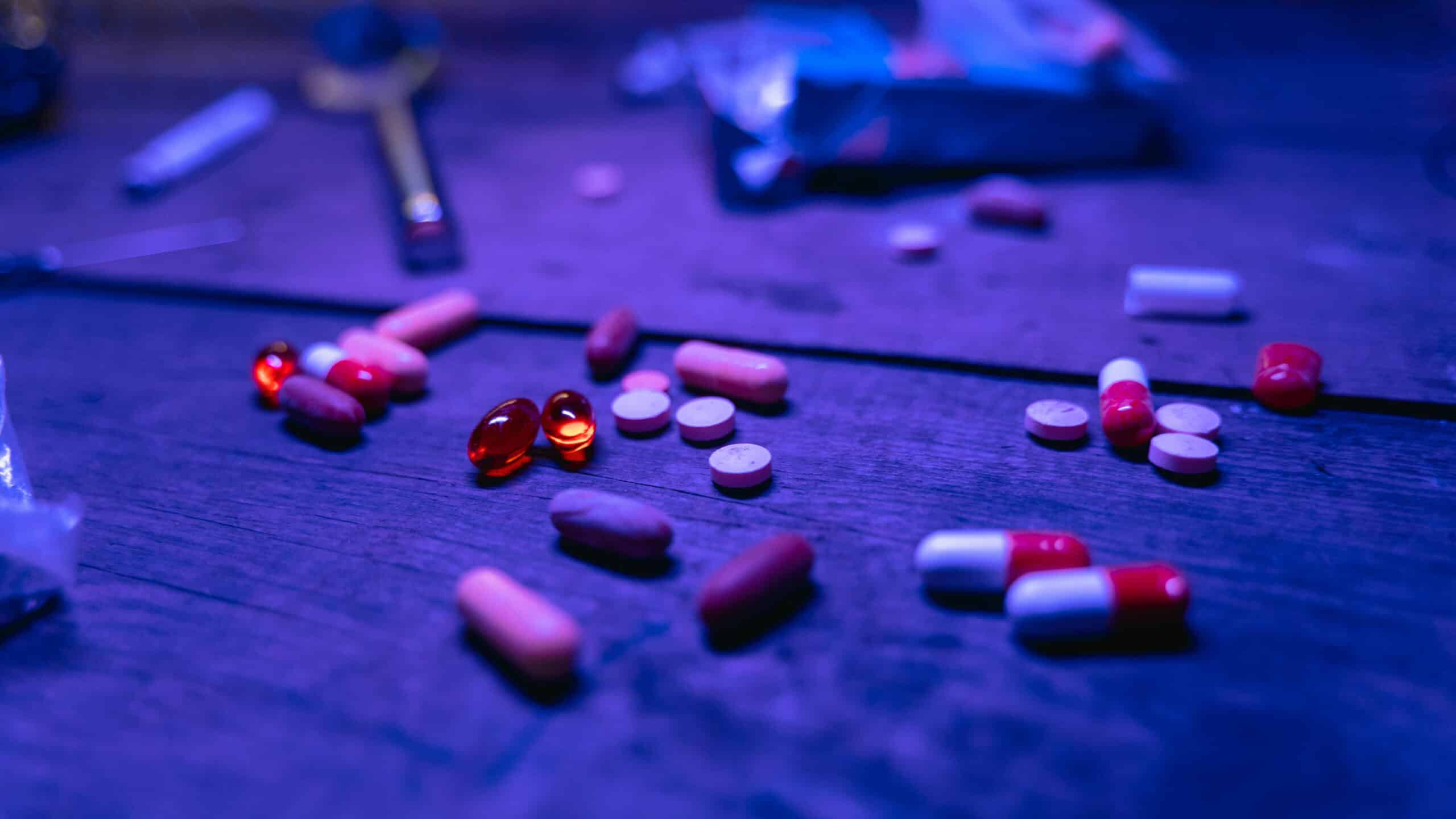
DNA Aptamer Drug Sensors Can Instantly Detect Cocaine, Heroin and Fentanyl – Even When Combined With Other Drugs

From Iran to Raleigh, a Family Legacy Continues at NC State
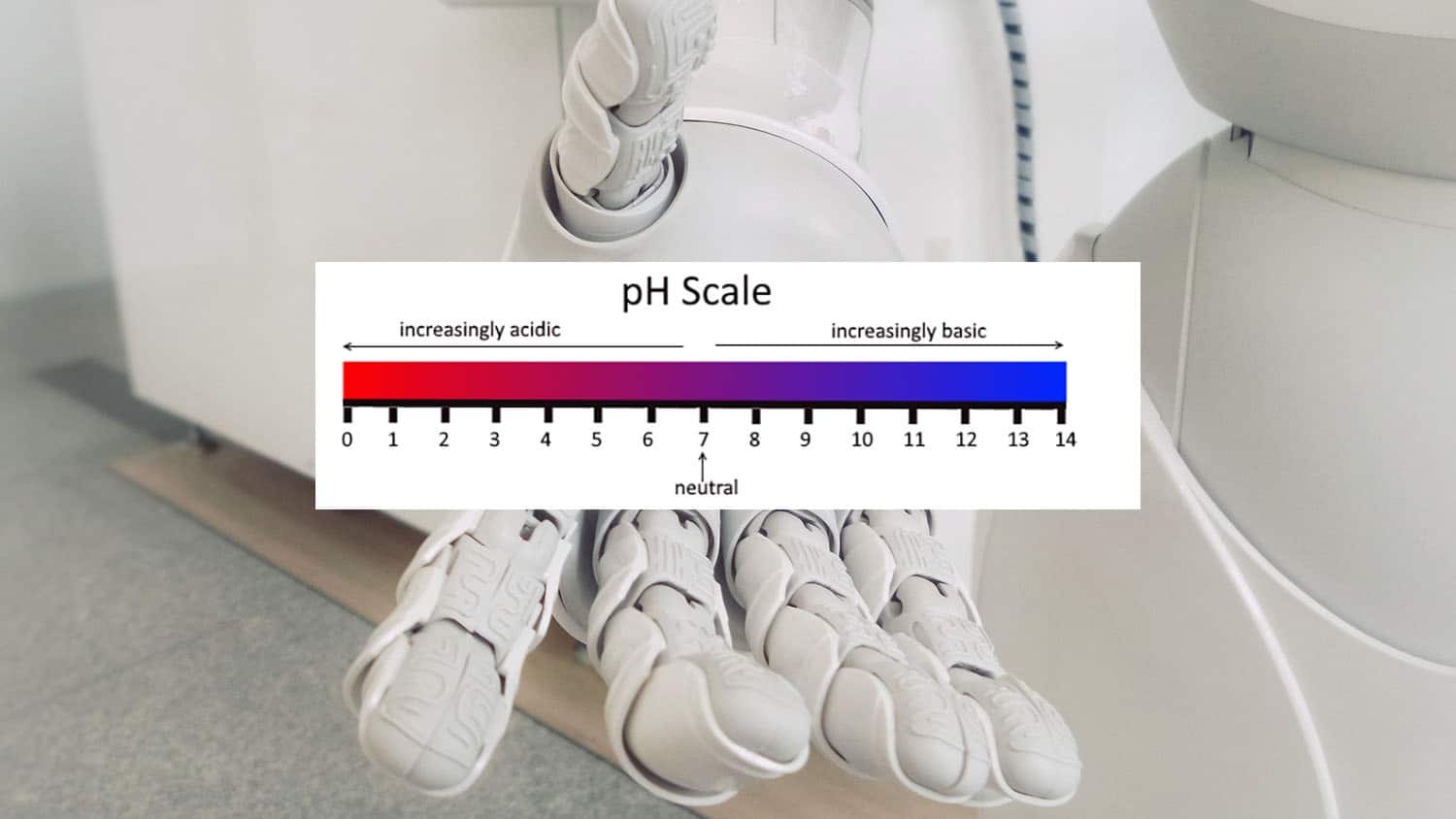
New HS Curriculum Teaches Color Chemistry and AI Simultaneously

Creating a Clearer Picture of Interplay Between a Molecule’s Electrons and Nuclei
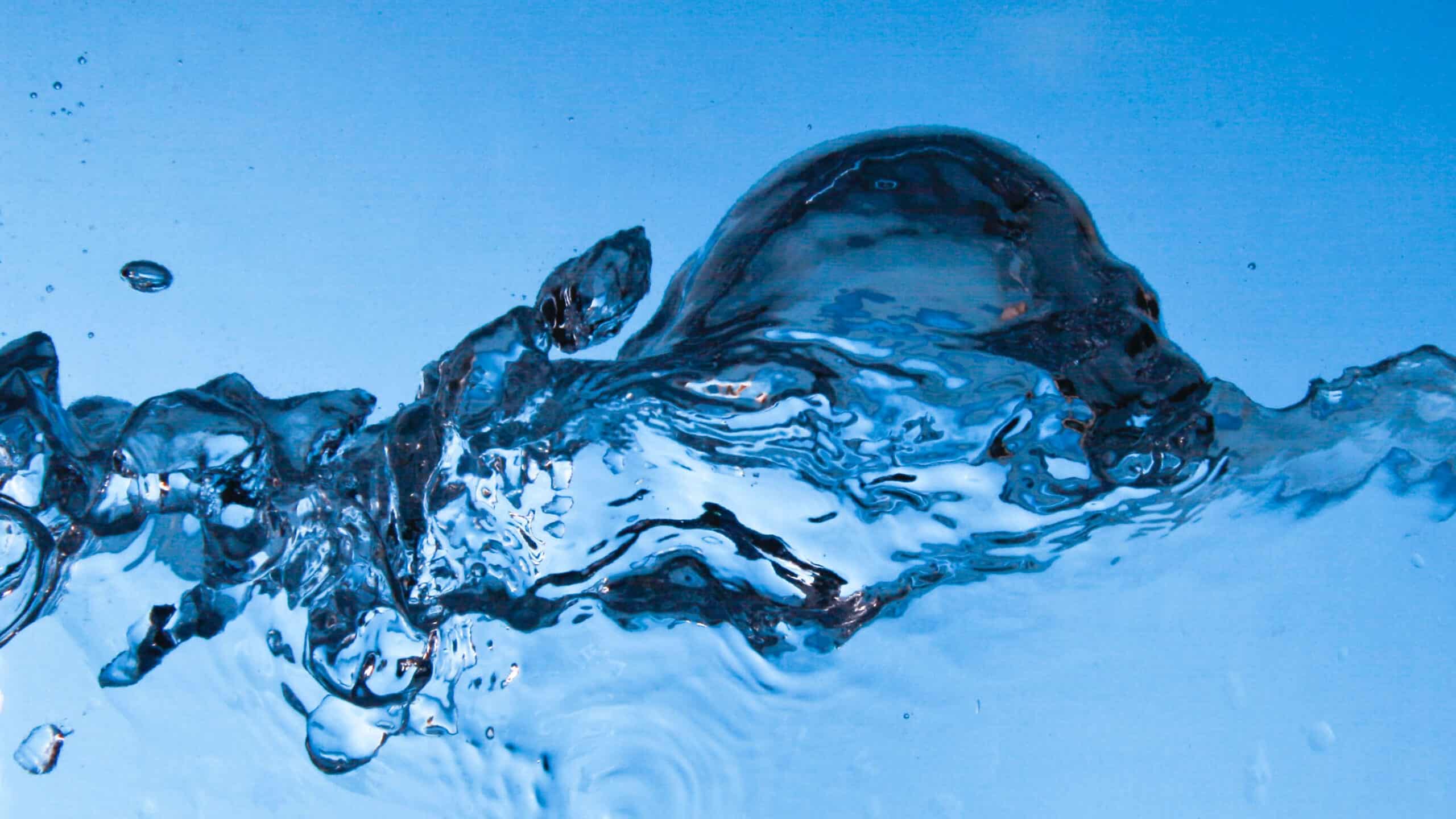
Studying Fundamentals of Water as a Solvent Could Lead to Greener Cellulose-Based Products
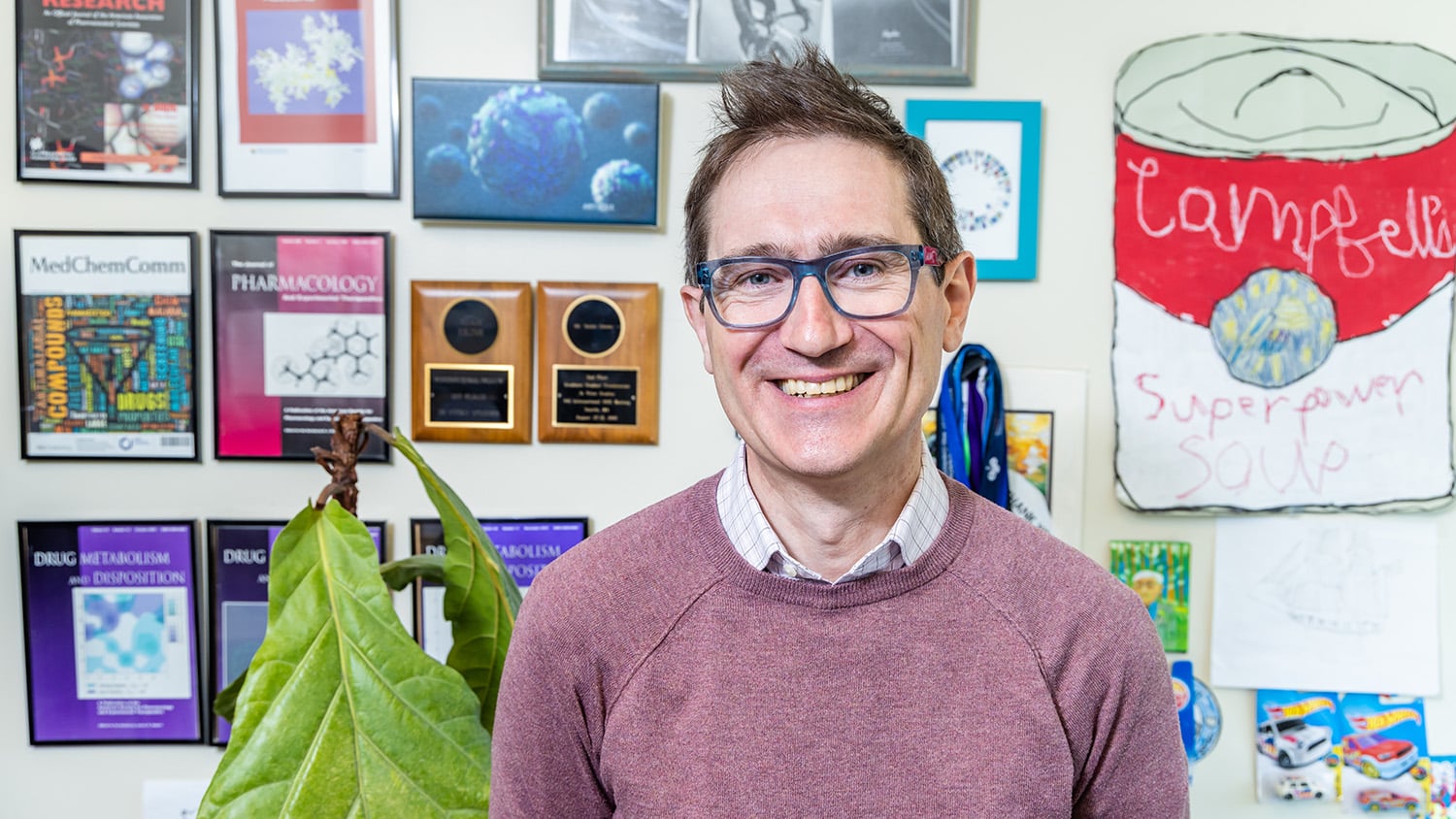
Collaborations Pharmaceuticals Uses AI to Solve Biotech Challenges

Hentz Made Chemistry Make Sense

Researchers Explore Enzymes That Use a Cation, not Oxygen-Addition, to Drive Reactions

Researchers Create Self-Assembled Logic Circuits From Proteins

Former UCLA Chancellor Began Academic Career at NC State
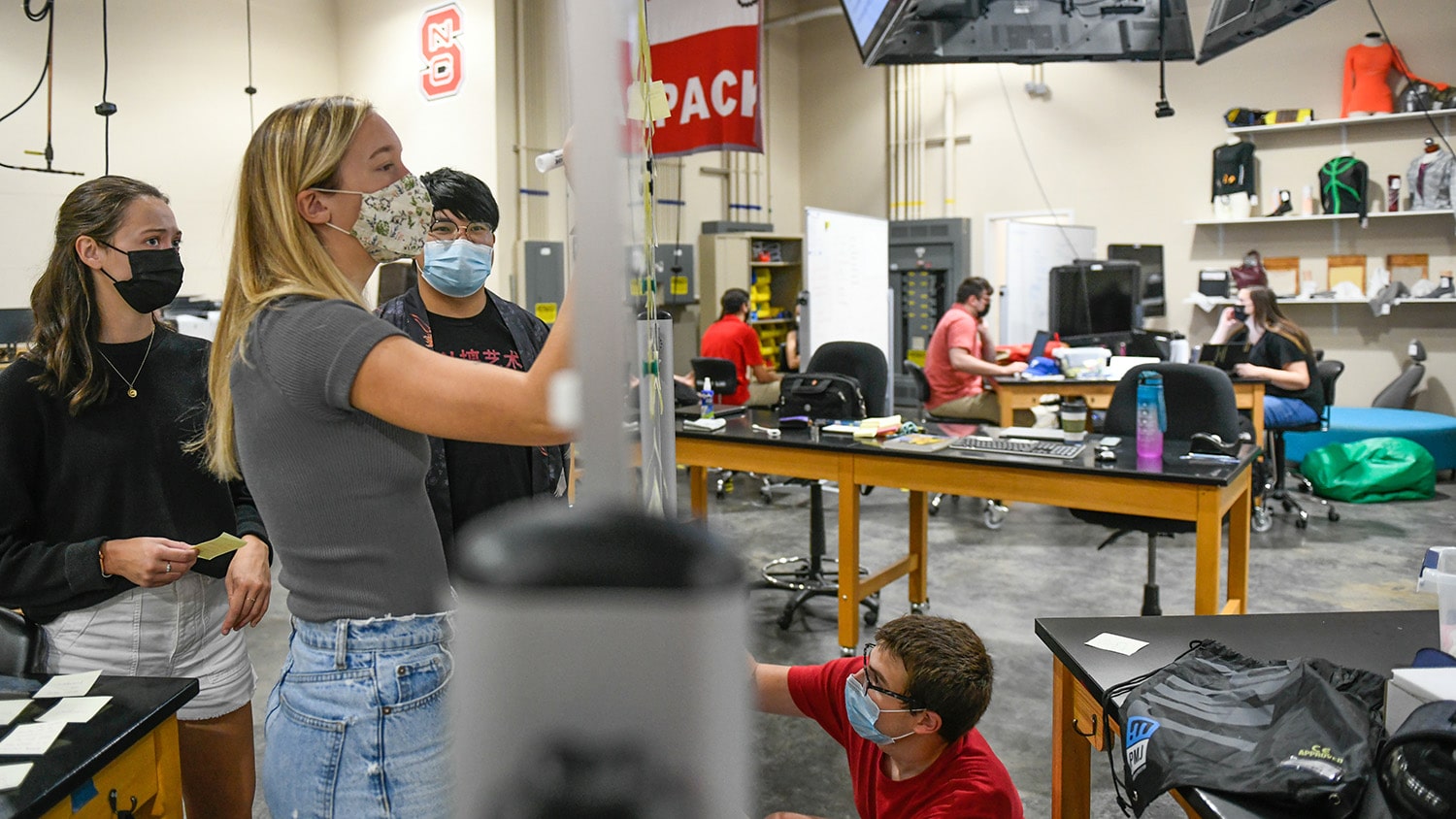
Where Textiles Meets STEM
